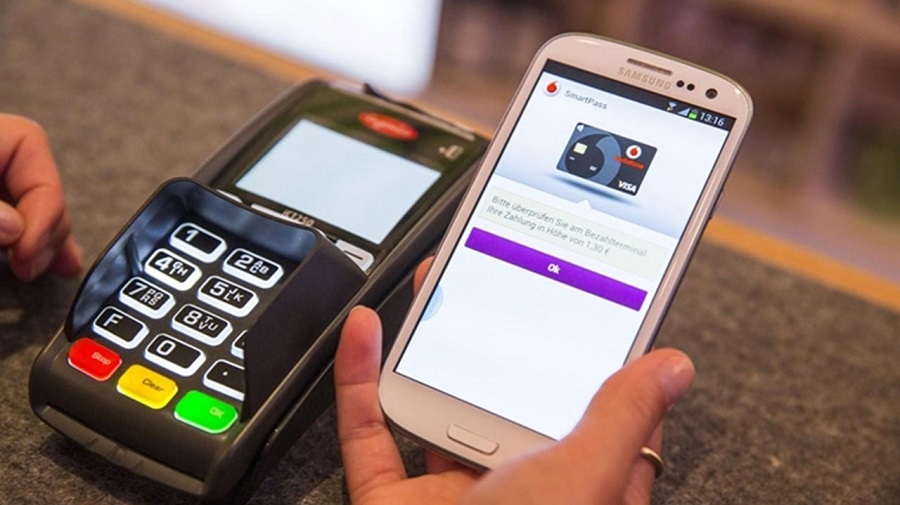Nigerians are shifting their banking needs to fintech as bank apps and Unstructured Supplementary Service Data (USSD) remain unreliable amid the current cash scarcity. This has made the likes of Kuda, Opay, and Palmpay, among others, the toast of Nigerians who now rely heavily on cashless transactions.
From businesses wanting to receive immediate value once their customers transfer funds to individuals who are tired of waiting hours for merchants to confirm payment before they could leave after buying goods, fintech has now become the saving grace.
This has also become the harvest time for the fintech, who had seemingly been operating at the fringe when Nigerians still preferred the ‘known devils to the unknown angels’.
Aside from swift transfers on the fintech apps, which have not become crowded like the banks’ apps, many Nigerians are rushing to the fintech for their zero charges for transfers, which is another concern for many who now have to be making multiple transfers on daily basis in the absence of cash.
Frustrated by bank apps: Many Nigerians that are now on the fintech platforms were pushed by the frustration experienced with banking apps and USSD since the beginning of the current cash scarcity.
For instance, Chinoso Eboh, who is into the gas refilling business in Lagos, always obliged his customers with the option of transfers even before the scarcity of cash. With his GTBank account number boldly written at the entrance of his shop, it was obvious he was ready to receive a transfer. But while a customer was about to make a transfer into his account recently, he quickly stopped the customer and gave him a Palmpay account instead. Asked why? He explained:
- “I have been having issues with my GTB account since this cash scarcity started. If a customer transfers, I may not see it until the following day, and this always caused problems. It was one of my customers that told me about Palmpay. I opened the account in the middle of February and I have been receiving my payment instantly. The only problem now is that if the customer is using a commercial bank app, sometimes they still find it difficult to send money to me because of the problem with their app.”
For Cyriacus Okeh, who runs a provision store, his frustration was not only in receiving money from his customers but also making payments to re-stock his store. But he admitted he never had any issue with his Zenith Bank app until the issue of naira scarcity started and it became difficult to even open the app let alone transfer money.
- “I had to open an Opay account because my Zenith bank app has become very unreliable. Many times, I found it difficult to open the app and it caused me a lot of delays whenever I went to the market.
- “Even as most of my customers are now using transfers to make payments, it became very difficult to confirm. I lost more than N10,000 within a week in February from money sent by customers, which I never received and the customers were insisting they had been debited, they even showed me their debit alerts.
- “With Opay, I credited instantly and they don’t charge me. Another good thing about it is that my phone number is my account number, so I do not have to memorize the account number,” he said.
Idowu Ayanwale’s experience is not different even though she only used her First Bank app for payments. According to her, sometimes for a whole day, the app would not open and it was becoming very difficult for her to make purchases even when she had the money in her bank account.
- “It was one of my friends that told me about Kuda. I gave it a try and I can say that it is far better than my bank app. The transactions are seamless and I no longer have issues buying things without cash,” she said.
Banks’ facilities weighed down by the pressure
Since the beginning of the cash scarcity in late January this year, customers of major banks in the country have been having unpleasant experiences while trying to transfer funds or perform any form of transaction on their mobile apps.
Many became stranded due to the non-availability of cash in ATMs and even over the counter, while transactions over the apps have become a nightmare.
While in many cases, the apps do not open at all, in cases where they open, making a transfer becomes impossible. In other instances where the customer can transfer, the intended receiver does not get credited and this becomes a problem. Aside from the apps, pressure has also been on the USSD, which is an alternative transaction channel, leading to an increase in failed transactions over the channel.
A bank official confirmed to Nairametrics that the surge in online transactions was beyond the capacity of the banks’ IT infrastructure, hence the glitches. According to him, all the banks would need to upgrade their facilities.
- He said the banks would have been able to manage the situation better but for the shortage of manpower in their IT departments. He noted that the IT departments of most of the banks have been depleted in recent times due to the ‘japa’ syndrome that saw many of the IT staff of banks resign to travel abroad.
A caution for fintech
While fintech is currently the darlings of many Nigerians, an IT Expert, John Akinlade said they will also have to watch their capacity less they become like the banks and start having the same issue of consistent transaction failure.
- “This is the time for the fintech to start expanding their capacity to accommodate more customers because one thing is clear: The days of fintech operating as appendages of banks are over. Nigerians can now see what they are missing and many have realised that their banks were ripping them off through constant charges. We can say that the fintech are the main beneficiaries of this cash scarcity but they must not let this get over their heads and then forget to expand their capacity,” Akinlade said.
The cash scarcity in Nigeria has highlighted the importance of digital payments and the potential of fintech to drive financial inclusion and promote economic growth.
However, as more Nigerians embrace digital payments, it is important for fintech companies to expand their capacity to accommodate more customers and ensure that they do not become like the traditional banks with issues of consistent transaction failure.
With the right investments and policies, the fintech sector can continue to thrive and contribute to Nigeria’s economic development.
















Which of the fintech companies are safe in terms of security of funds, better version of pos machines for enhanced transfers and transparent charges.
O pay is trying